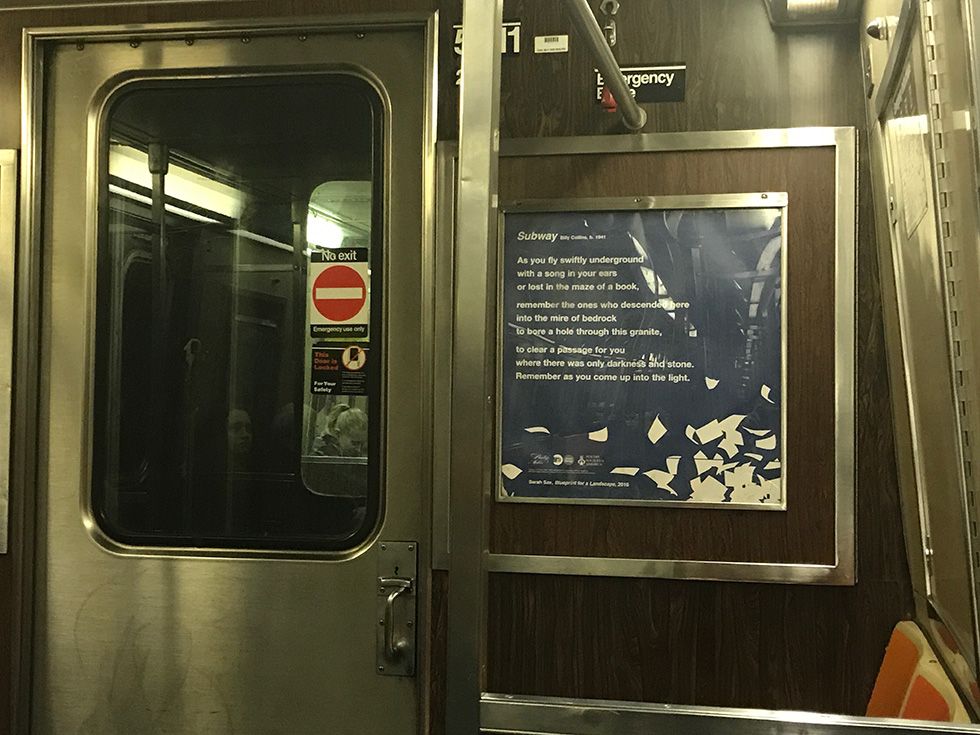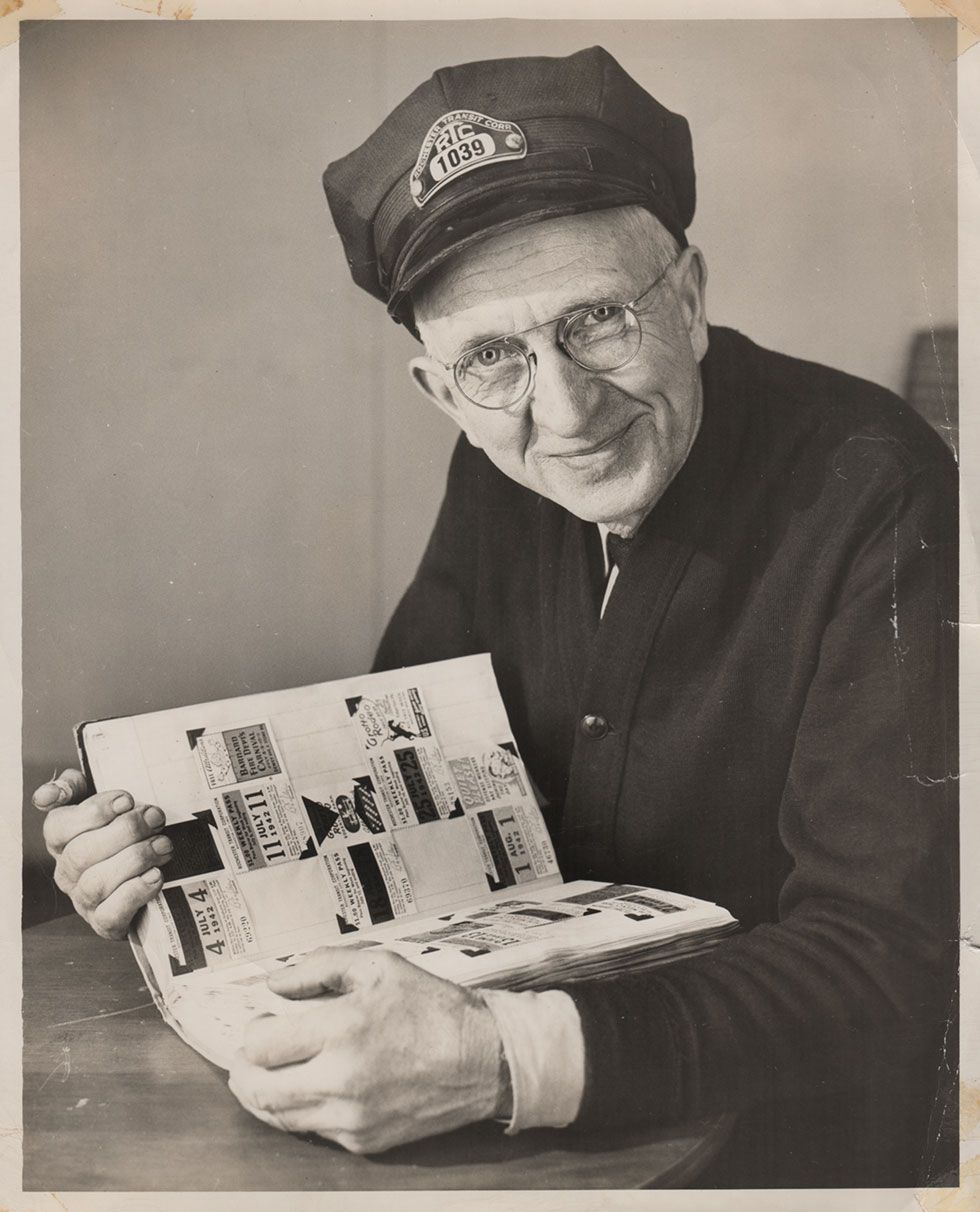This article was scraped from Rochester Subway. This is a blog about Rochester history and urbanism has not been published since 2017. The current owners are now publishing link spam which made me want to preserve this history.. The original article was published February 16, 2015 and can be found here.
![Rochester Savings Bank [PHOTO: Rochester Public Library]](http://rochestersubway.com/images/photos/denker/banks/Rochester_Savings_Bank.jpg)
Today I'd like to take a slight departure from our normal Filling In fare. No, I don't propose to fill in all the banks in Rochester, although that's not such a bad idea, now that I think about it. What I'd like to talk about is banks and buying stuff. Well, not just any stuff, specifically real estate...
![Flour City National Bank [PHOTO: Albert R. Stone]](http://rochestersubway.com/images/photos/denker/banks/Flour_City_National_Bank.jpg)
Back in the heady days of 2007 'banks' (with quotes, because it was really any company with some cash and not just actual banks where you might have a checking account specifically) money was available for anyone to do anything. For example, these guys

got the money to build a skyscraper, despite never having built a skyscraper before and having no money of their own. It's materially similar to John Spano

a decade earlier, but they got the building up whereas he didn't quite buy the Islanders.
![National Bank of Rochester [PHOTO: Rochester Public Library]](http://rochestersubway.com/images/photos/denker/banks/National_Bank_of_Rochester.jpg)
But before you run out to your local bank to try any of those tricks, let me warn you that you are approximately 8 years too late. If you are undeterred and still want to run to your bank and try to get some money to build something, ask yourself these two questions:
- Am I building self storage?
- Am I building something with a drive-through and a national brand, such as Dunkin Donuts, or McDonalds?
If you answered no to both questions, don't bother going to a bank.
* * *
![Rochester Savings and Trust Company [PHOTO: Albert R. Stone]](http://rochestersubway.com/images/photos/denker/banks/Rochester_Trust_and_Safe_Deposit_Company.jpg)
Ok, so maybe you just want to buy a house for you and your family, or maybe a house to rent to some college kids who will each pay effectively the price of an entire one bedroom apartment to live in just one bedroom of the house. This is a thing you could theoretically do, but I again wish you luck. If you're still committed, allow me to offer the following recommendations before you head to a bank:
- Move all of the money necessary to buy the property into a bank account owned (having the names of) only by the exact same people attempting to buy the house. For example, even though you have a savings account with your 8 year old son to teach him good money habits, don't have the money for the purchase come from this account, or you'll need additional letters signed by your son legally relinquishing the money in the account.
- Do step one at least 6 months before going to the bank, so that when they ask for 6 months worth of bank statements, they don't then also ask you for another few years of bank statements proving where the money came from.
- If you are a member of a partnership, don't bother expecting any privacy for the business, apparently banks don't care about K1s any more and want instead to see the entire tax return of any business in which you happen to be a partner. Can I recommend never going into business if you want to buy a house?
- Are you buying in a condo association? Congrats! Make sure you go to a bank that already has loans in that association, or about a week before the sale, the bank you are working with is going to realize they don't already have any units in the association financed, and you owe them an extra 5% down to close because they haven't fully evaluated the association's finances.
- Find a bank that IS in the condo association? Make sure they don't have too many units financed in the association (usually 20% or so). They won't check until the end, and then about a week before the sale they'll actually decline to underwrite your loan because they have too much exposure in the association. Not surprisingly you'll be the one left in the lurch, not them.
- Own anything else? Land? A car? Be prepared to produce proof of insurance for all those other things so that the bank knows you'll be sure to pay insurance on the property they're about to own while charging rent, I mean interest, for the next 30 years. What's that, you don't insure your land? Prepare to get that in writing as well.
And now a bonus tip for the buying process: Once you're in it, it is too late to change ANY of these things without everything blowing up. Make sure to do it all in advance. Further, don't even think about buying something else (like a car) or opening a new line of credit (like a Chipotle Burrito Visa Rewards Card) while you are in the process of closing on your new home. Doing so will screw everything up.
* * *
![Rochester City Bank [PHOTO: Rochester Public Library]](http://rochestersubway.com/images/photos/denker/banks/Rochester_City_Bank.jpg)
If you follow this advice, you might just end up with a house. If not, at least you can sleep at night knowing that your rent is going right back to the bank who was willing to lend the money to a large corporation that is infinitely more responsible than you are, as evidenced by you renting your home from them. * * *

